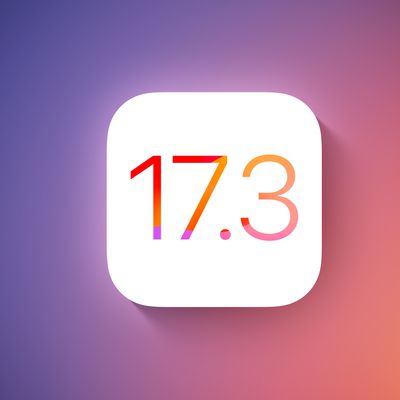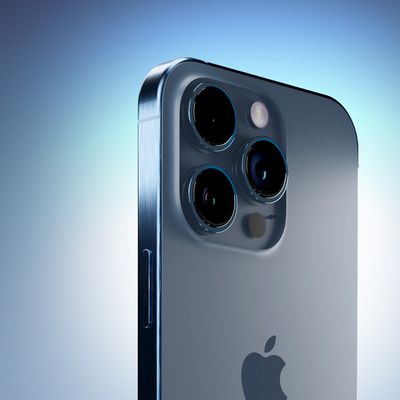Senator Amy Klobuchar last night introduced a revised version [PDF] of the American Choice and Innovation Act, as the U.S. government continues to work toward legislation that targets major tech companies and that would mandate sideloading on the iPhone.

There are few changes to the bill that would alleviate Apple's concerns about it, and the Cupertino company provided a statement to MacRumors.
We created the iPhone and the App Store to be a safe and trusted place for users to download the apps they love and a great business opportunity for developers everywhere. The result has been an unprecedented engine for economic growth, which has enabled competition and innovation and made it possible for any developer with a great idea to reach Apple customers around the world.
We remain concerned that this legislation threatens to break this model and undermine the privacy and security protections our users depend on. Governments and international agencies worldwide have explicitly advised against sideloading requirements, which would empower bad actors who want to target users--including children--with malware and scams, and make it easier for data-hungry companies to track users without their consent. At the end of the day, the changes made to the bill are a recognition that the legislation, as originally drafted, created unintended privacy and security vulnerabilities for users. We believe the proposed remedies fall far short of the protections consumers need, and urge lawmakers to make further changes to avoid these unintended consequences.
POLITICO this morning reported that some Senate Democrats are pushing back on the bill, but Democratic leaders are aiming for a vote by this summer. Democratic senators have reportedly expressed "deep reservations" about voting for the bill in its current form, as it could be too contentious for an election year, which has led Klobuchar to introduce a new version.
The revised bill is designed to address some of the concerns Senators have raised about the sweeping tech industry changes the legislation would introduce, but Apple maintains that the changes do not go far enough. The company says that the tweaks prove that the original legislation results in "unintended privacy and security vulnerabilities" for users, and that lawmakers need to make further changes to protect user privacy.
The updates make it easier for Apple to defend privacy changes that it implements, but Apple would still be required to demonstrate that each change is "reasonably tailored and reasonably necessary" and that it could not be achieved in another "materially less discriminatory" way. There are no changes to the requirement for Apple to allow for sideloading.
Under the wording of the bill, apps would be able to be installed on iPhones outside of the App Store, making iOS much more similar to the Android platform. Companies like Facebook would be able to work around the privacy protections on the iPhone through sideloading, and would not be subject to Apple's rules against tracking. The bill targets U.S. tech companies that include Apple, Amazon, Facebook, and Google, but it places no restrictions on non-U.S. companies like Samsung, Oppo, Vivo, and other smartphone manufacturers that compete with Apple, which could be problematic in the future.
Apple has previously said that enabling sideloading would result in a flood of new attacks on iPhone users from bad actors eager to access the sensitive data stored on consumer devices. Predators and scammers would be able to "side-step Apple's privacy and security protections completely," with the bill allowing "malware, scams, and data-exploitation to proliferate."
Apple CEO Tim Cook in November said that consumers who want to sideload apps should look to Android rather than to iPhone. "If that is important to you then you should buy an Android phone," he said in an interview. "From our point of view, it would be like if I were an automobile manufacturer telling [a customer] not to put airbags and seat belts in the car."
Note: Due to the political or social nature of the discussion regarding this topic, the discussion thread is located in our Political News forum. All forum members and site visitors are welcome to read and follow the thread, but posting is limited to forum members with at least 100 posts.



















Top Rated Comments
You can only resist for so long until an app comes around that you need for work or to fit in your social circle. Then the whole privacy and security deck of cards Apple built with the App Store comes crashing down. Why would any major app offer their app in the App Store with privacy and security protections if they have the chance to acquire all of your data?
Last I remember Apple is trying to scan every photo on every iCloud user’s iPhone — a feature they have seemingly delayed but not yet canceled.
Jesus... people here just keep confirming that walled gardens with curated experiences and built in protections need to exist to protect some folks from themselves. ??♂️
Don't want a walled garden? Go to Android. That's the choice.